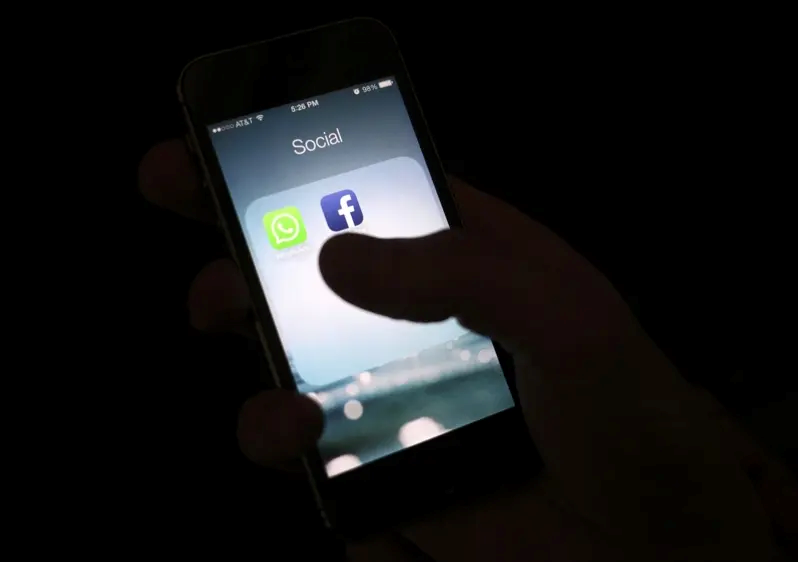Georgia’s age limit on social media users is a violation of free speech, federal judge says

Last year, Georgia passed legislation requiring social media platforms to take “commercially reasonable” steps to verify the age of users and requiring children under 16 to obtain parental permission when creating an account. The law was originally scheduled to take effect in July, but federal district judge Amy Totenberg ruled on the 26th that the law impeded free speech; Georgia became the eighth state to pass such a law and then be rejected.
The Associated Press reported that Totenberg approved a preliminary injunction to temporarily block the implementation of the law before a full ruling was made. Totenberg’s ruling wrote: “The Georgia government is trying to set up barriers to speech that cannot withstand the strict scrutiny required by the Constitution,” believing that the law restricts the rights of minors, stifles anonymous online speech, and restricts people’s ability to access speech from social media platforms.
Parents and even some teenagers are increasingly concerned about the impact of social media on young people. Supporters of such laws say restrictions will help curb young people’s excessive use of social media and related depression and anxiety. Kara Murray, a spokeswoman for Georgia Attorney General Chris Carr, said on the 26th that the state will appeal.
Totenberg said that it is reasonable to worry about social media harming children, but its severity is not enough to cover its unconstitutional behavior. Totenberg wrote that members of the social media industry organization NetChoice will suffer irreparable damage due to the law. The Georgia government argued that NetChoice should not be granted temporary relief because the organization had delayed filing the lawsuit for a year, but this was also rejected by Totenberg, who instructed the state government to notify 90 days in advance before enforcing the law.
NetChoice lawyer Chris Marchese said that the government’s anxiety is not a reason to end free speech. Parents, not politicians, should lead children’s online and real lives. No one should be forced to show their ID for speaking on the Internet.
This is the ninth state where NetChoice has tried to block relevant laws. Arkansas and Ohio have permanently overturned the laws; California, Florida, Mississippi, Texas, Utah and Georgia have suspended enforcement; and Louisiana has agreed to a stay of enforcement pending litigation.








